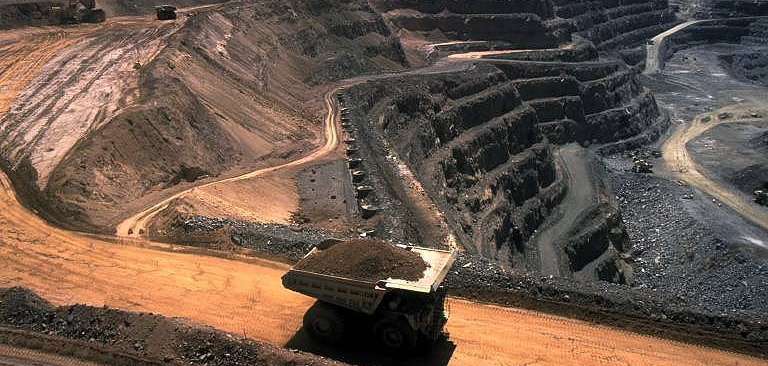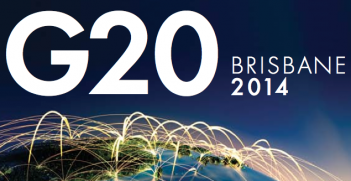Where Does the Australian Government Stand on Mining Transparency?

Coming up to three years since the Australian Government committed to undertaking a pilot of the Extractive Industries Transparency Initiative (EITI), civil society groups forming part of the Publish What You Pay Australia coalition are eagerly waiting to hear if the Government will properly implement it in order to enhance the transparency of Australia’s natural resource sector.
The EITI is a voluntary initiative undertaken by governments to bring greater transparency to their natural resource sectors. Originally conceived to address corruption and conflict in resource-rich but ‘cursed’ countries, such as Angola, the EITI involves participating governments publishing the payments they receive from oil, gas and mining companies and in turn for those companies to publish what they pay in order to uncover any discrepancies. In Nigeria the process has uncovered discrepancies involving billions of dollars missing from the national budget. The process is overseen by a multi-stakeholder group of government, industry and civil society representatives.
An Increased Move Towards Transparency
In recent years countries not associated with the ‘resource curse’ have chosen to undertake the initiative including Norway and the US. The UK, France and Italy are also in the process of becoming ‘candidate’ countries. The motivation for these countries is not only to be seen to ‘practice what they preach’ in terms of good governance, but also because transparency of revenues from the extraction of a country’s finite natural resources helps build trust between the public, industry and government. For the US one of the main motivating factors is still simply to ensure that revenues are indeed being collected.
Transparency of government revenues, not just in the extractive sector, is gradually becoming accepted as the new norm, particularly given outrage about tax avoidance by multinationals at a time when governments are having to tighten their belts. The leaking of such stories has proven to have had some effect on companies’ tax practice. For instance Starbucks volunteered to pay an additional £20 million in tax in the UK after it was caught out.
Beyond this type of ad-hoc transparency, there are now several precedents for the mandatory reporting of payments by companies to governments: the EU has legislation in place requiring banks to report financial information on a country-by-country basis; the US, EU and Norway all have legislation requiring country and project level reporting of payments to governments from their extractive companies; and Canada has committed to introducing similar legislation by April next year.
The Position in Australia
So where does Australia stand? Australia has been a significant donor to the EITI for some years and is supporting its implementation in Papua New Guinea and Burma. It would send a strange message if it decided not to implement the initiative itself. There are also a range of valid reasons for implementing the EITI here, not least that Australians have a right to know what their government receives for their minerals, oil and gas (there is certainly much conjecture on this point). Let’s not forget that Australia is not immune to corruption either.
With regards to the mandatory disclosure of payments, if the Australian Government was to implement rules for its extractive companies comparable to those in other jurisdictions, this would undoubtedly assist in its ambitions to see the private sector contribute to development overseas. Certainly our colleagues from Publish What You Pay Indonesia say that the reporting of payments by Australian mining companies operating there would help assist with Indonesia’s EITI implementation, which is extremely complex given both sub and national governments. Reporting requirements in Australia would also level the playing field for those companies cross-listed overseas that will have to report in either the US, EU or Canada (companies worth over $300 billion in ASX market capitalisation) and would be welcomed by many in the investment community who foresee an asymmetry of information on which to judge risk once data flows.
Future Prospects
Publish What You Pay has called for the Australian Government to use its presidency of the G20 to help coordinate a global mandatory reporting standard with all the other major extractive markets represented in that forum. However we are still waiting to see where it stands on the EITI, and are hoping we do not reach the three-year anniversary since the pilot was announced before we, and Australians at large, find out.
Claire Spoors leads the Publish What You Pay Australia campaign and also works on Oxfam Australia’s engagement with the G20. Follow her on Twitter @claireespoors.





